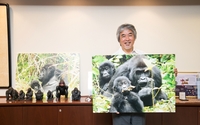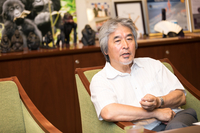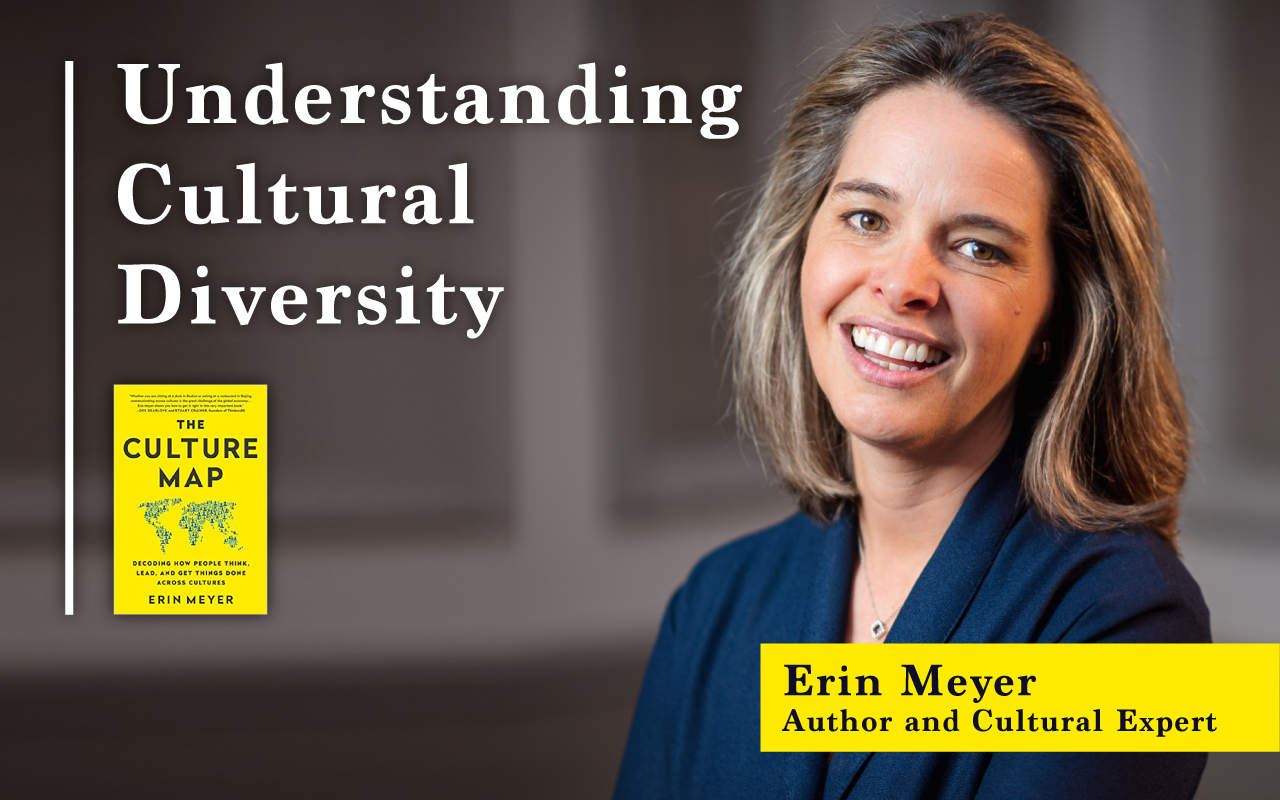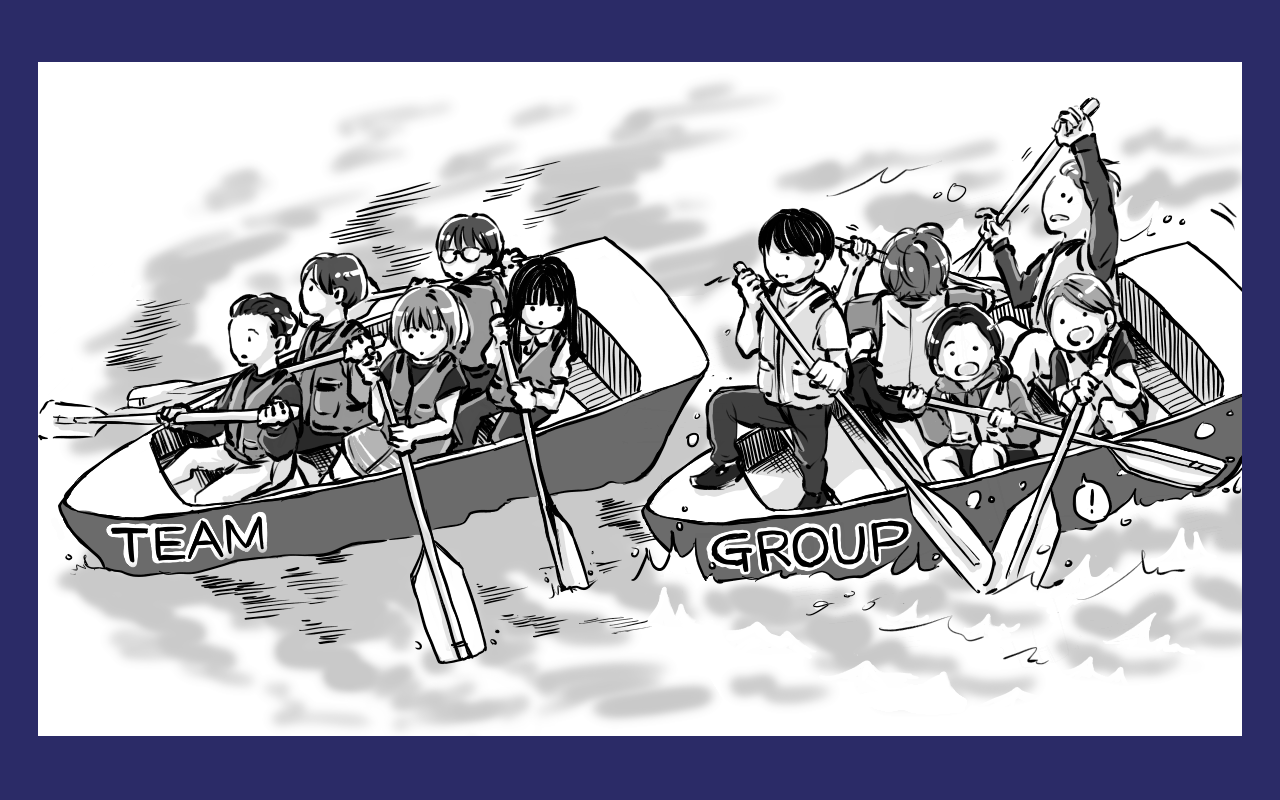Building Trust Requires Real-Life Physical Connections
Part 2 of our interview with Juichi Yamagiwa, primatologist and president of Kyoto University
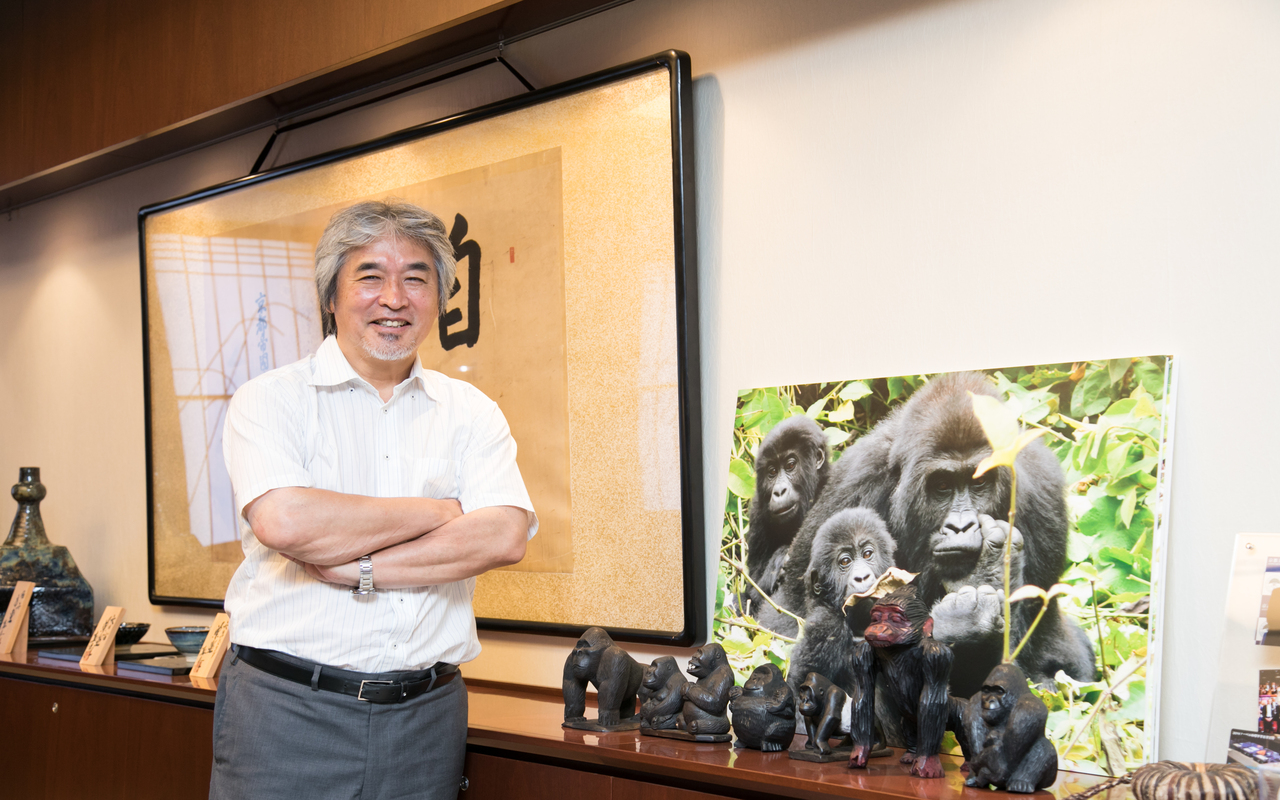
The widespread use of the internet and social media has made humans the most interconnected species in history.
While these new technologies are convenient, there is increased concern that they have led to the dilution of human relationships. Since it's become so easy to connect with other people, building relationships based on a deep sense of trust is more difficult than ever.
What are the origins of trust? How can we build teams in which people can deeply trust one another? Juichi Yamagiwa, primatologist and president of Kyoto University, provides us with answers to these fundamental questions in the second part of our interview on the origins of teamwork. And if you missed it, check out part one here.
Human connection goes beyond just the brain
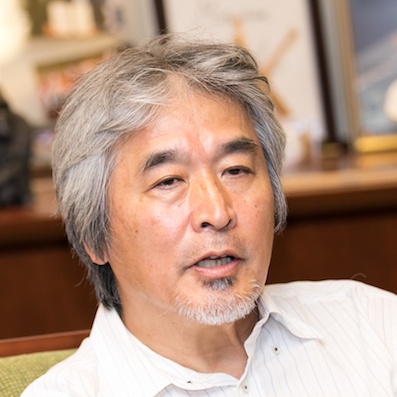
For instance, if I touch something, I am being touched in return, and that reciprocity makes the feeling difficult to share. That's why the longer there is skin contact, like between mother and child or among couples, the greater the feeling of trust. It's because we are both at the same time experiencing this unique sensation of touch.


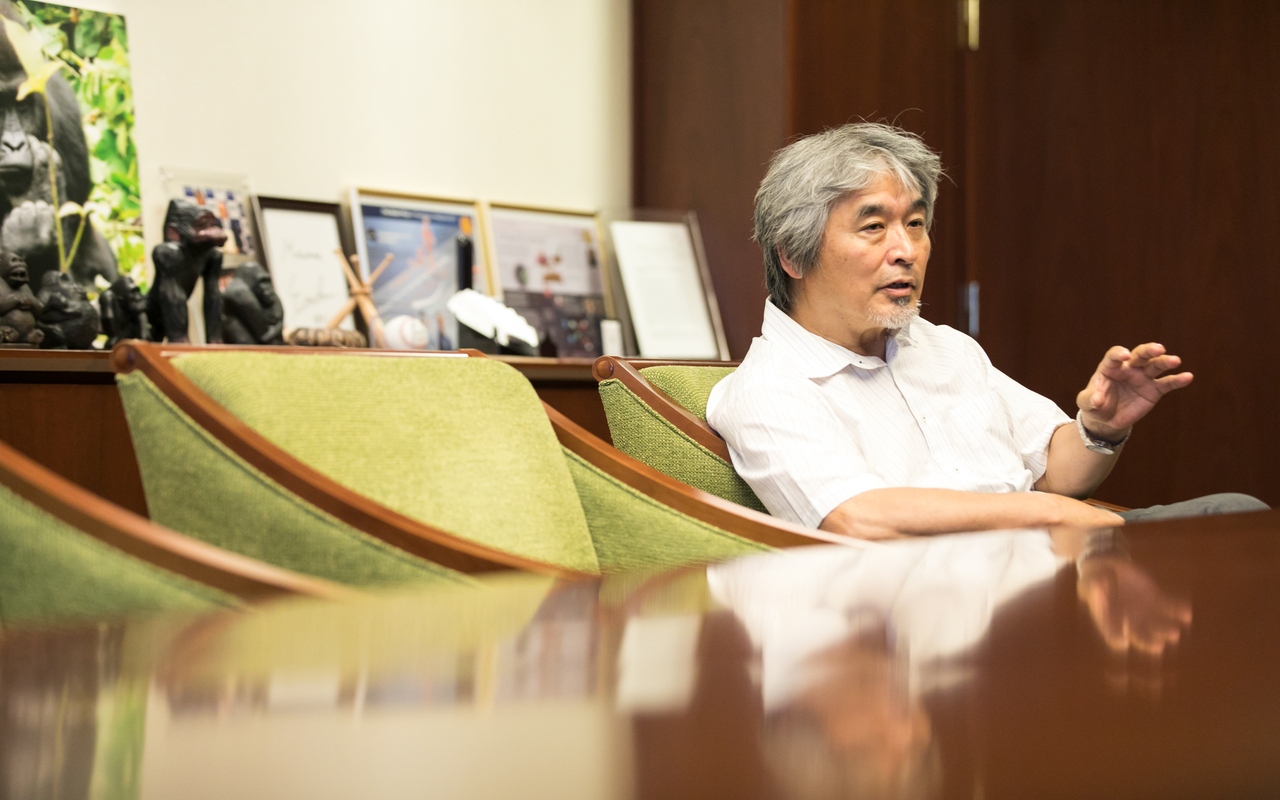
Dr. Juichi Yamagiwa, born in Tokyo in 1952, is a primatologist, anthropologist, and the current president of Kyoto University. He graduated from Kyoto University with a Ph.D. from the Graduate School of Science. He began his career in 1978 as a field researcher on African gorillas at the Karisoke Research Center. He later became a research fellow at the Primate Research Institute of Kyoto University, as well as associate professor at the Graduate School of Science. In 2014, he was appointed president of Kyoto University. Juichi has published many books in Japanese on human evolution and primatology.


Going on a retreat, sharing meals, going to a hot spring together; having these shared physical experiences can have a tremendous impact on teamwork. I'd even go so far as to say that these experiences are the best way to improve teamwork.


Technology has enabled us to feel a connection with one another, even when there is no guarantee of being in a relationship of trust.




When it comes to humans, there are times where even though it may be a disadvantage to us, even though our life may be at risk, we still prioritize our team.
That's what happens in war, even though there's no more idiotic form of teamwork.
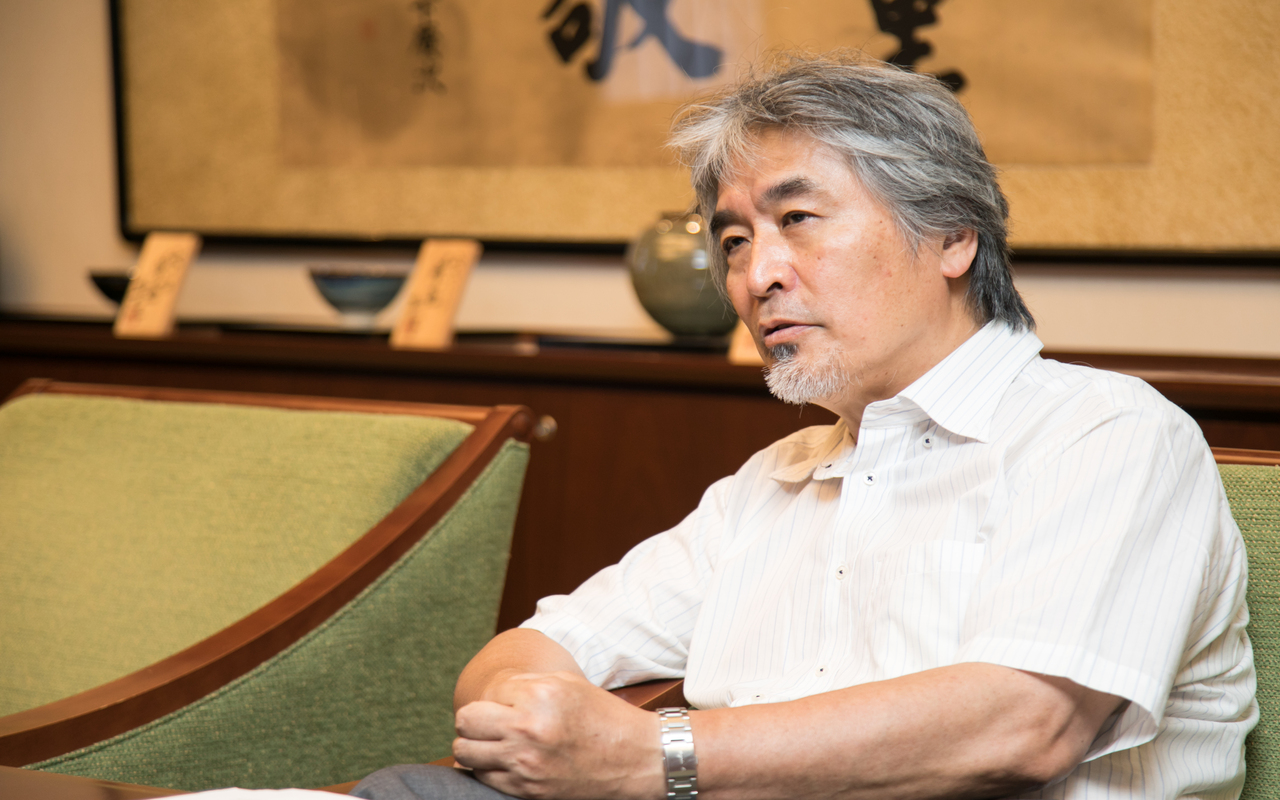
Team size and brain capacity


For example, when the average human brain size was around 500 cubic centimeters, they would get together in groups of about 15 people. Around 1.5 million years ago, brain size increased to around 600cm3, so there started to be groups of 30-50 people.
Approximately 600,000 years ago, brain volume started reaching up to 1500cm3, at which point we started seeing groups of 150 people. Brain volume hasn't significantly changed since then, so today humans still have a brain capacity suitable for groups of up to 150 people.


The people we can talk to and rely on unconditionally when we have a problem is what we call our "social capital." The size of that social capital is said to be limited to about 150 people.
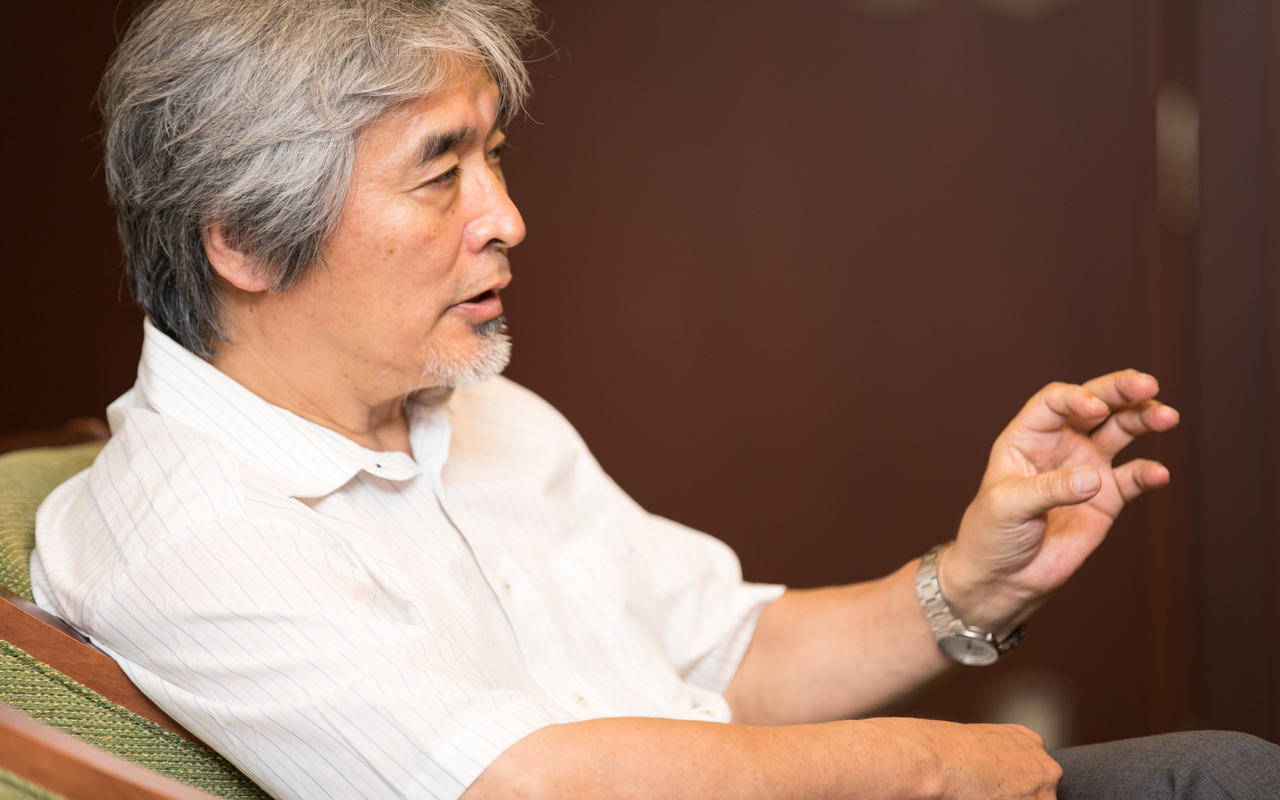


However, verbal and intellectual connections are not as successful in creating trust. That's why to this day, we still rely heavily on physical connections.


The era of convenience has made social interactions more costly

Do you think the advent of smartphones and other devices that allow people to easily connect has led to changes in the ways young people interact physically?
*LINE is the Japanese equivalent of WhatsApp

They were trying to establish an intellectual connection, but they didn't have a good physical connection. Young people today are continuously feeling this sense of incompatibility when it comes to friendship.
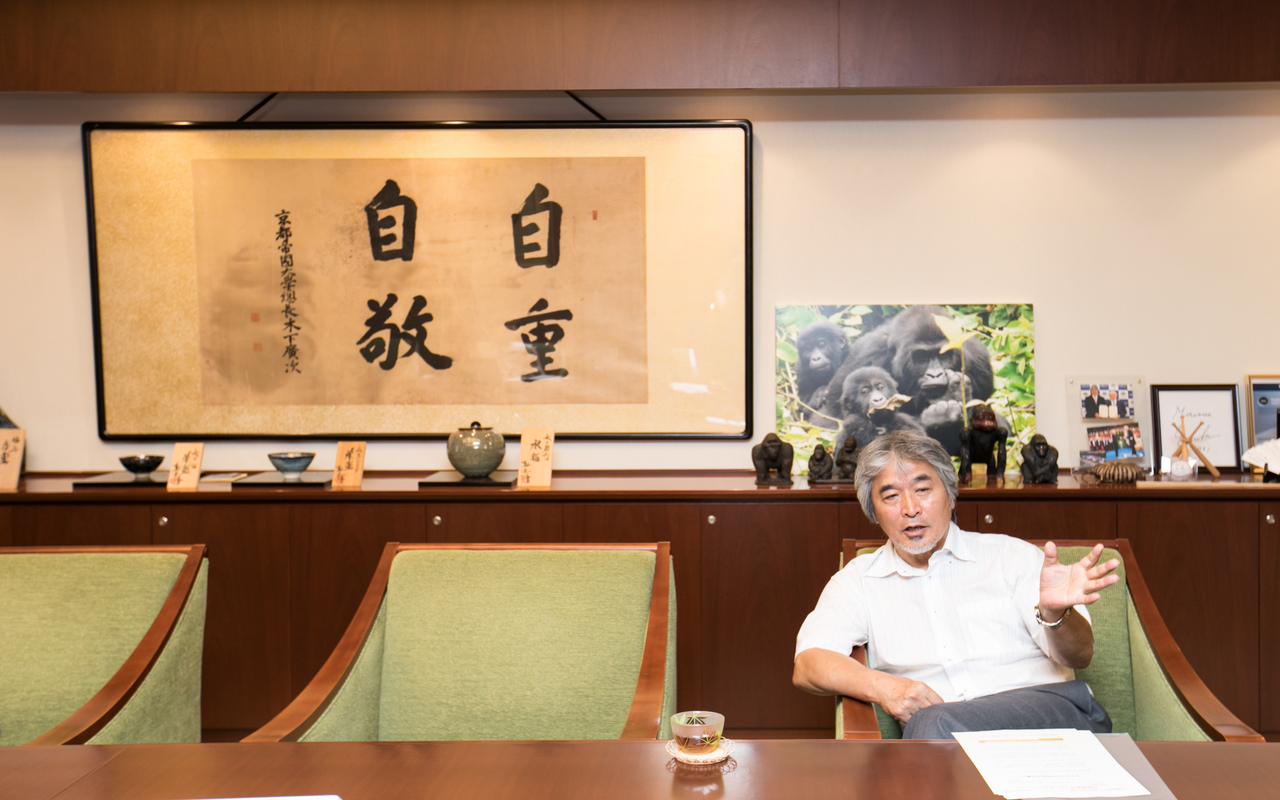




In the past, you would acquire knowledge through either books or people. You either had to go to a lecture together with other people, or read a book and talk about your impressions with those around you. When that knowledge becomes available online, it is no longer necessary to go to a lecture or set foot in a library.




Self-actualization doesn't mean success


We tend to say that leadership is very important, but it's fine to not always be the leader. Sometimes you can a follower or a supporter. It's an important thing to experience, together with your peers, to feel your doubts being erased by someone, or to witness a closed curtain be opened right in front of your eyes.
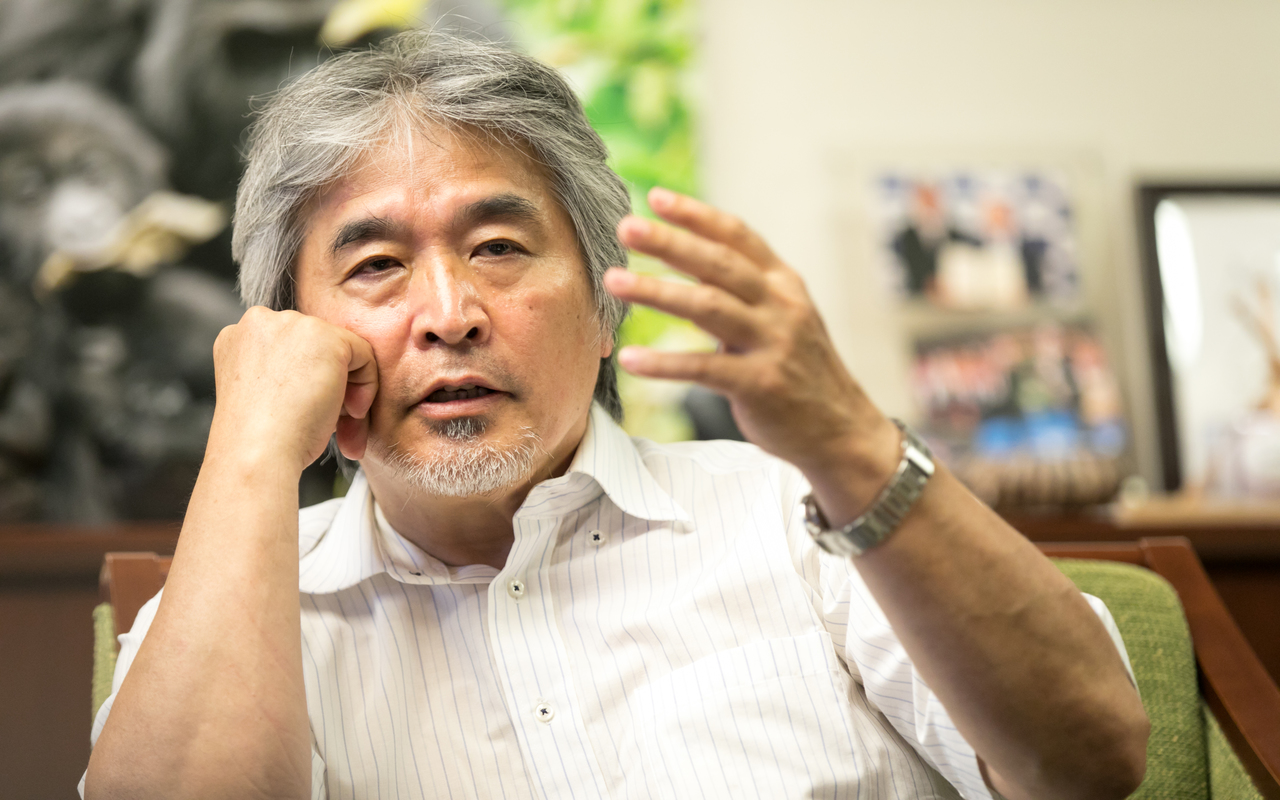


What humans inherited from monkeys and other primates was the ability to increase our empathy and to string together cooperative relationships like a net. If we spread out the axis of time, we see in the long run we were striving toward a more plentiful environment, even if that meant sacrificing ourselves—which is how we moved into environments in which nonhuman primates could not survive.
That's something we must take the time to think about. There may come an era in which we can find happiness just through intellectual connections with one another. However, for the time being, the only path toward happiness is by establishing real-life physical connections.

Original article written in Japanese by Kyoko Sugimoto. Photographs by Akane Kiyohara. Edited by Asami Nakamura and Yuka Akashi. Translated and adapted for Kintopia by Alex Steullet and Mina Samejima.
Writer

Asami Nakamura
Since joining Cybozu in 2006, Asami has worked for the departments of human resources, public relations and corporate branding. She now teaches a wide range of people, from elementary school students to adults, about the value of teamwork.
Editor

Alex Steullet
Alex is the editor in chief of Kintopia and part of the corporate branding department at Cybozu. He holds an LLM in Human Rights Law from the University of Nottingham and previously worked for the Swiss government.
